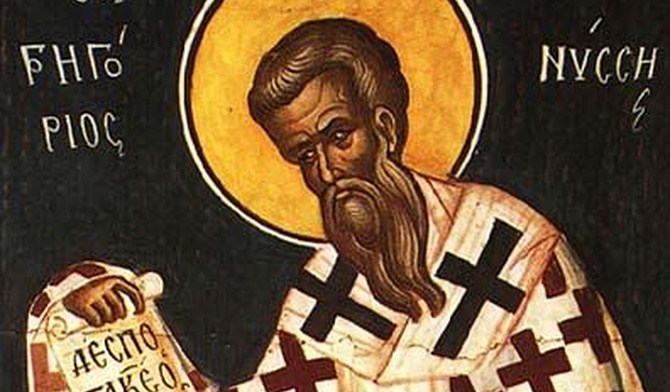A few notes on the historical background of contemporary Christian Anarchism

Note: the following post is the first of a planned series on Christian anarchism titled 'The Kingdom of God is Anarchy: Anarchy as a Christian Practice of Faith'. The below is the first part of the introduction. The links between Christian theology and practice on the one hand, and a radical, anti-authoritarian rejection of all kinds of dominance on the other, are far from being novel. Throughout most of Church history, Christian thinkers have frequently returned to Jesus’ original criticism of all forms of political and religious oppression, and his proclamation of the kingdom of God, where power is replaced by love and authority by freedom. Paul – even if his thinking is often regarded as somewhat authoritarian – made it clear, that Jesus will eventually destroy “all rule, and all authority and power”, and that Christians fight against the principialities, powers and rulers of “this dark world”. For Christians this meant not to practice any kind of violence or domin...

